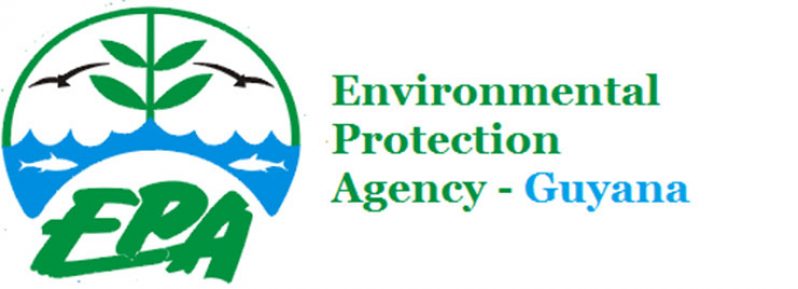“WE must look at the natural processes, green technologies and innovative thinking that can make a lasting and transformative impact to restore our Earth.”
Every year, Earth Day is a timely reminder to each of us that the Earth and its vast ecosystems provide us with life and sustenance. This day also recognises a collective responsibility, as called for in the 1992 Rio Declaration, to promote harmony with nature and the Earth to achieve a just balance among the economic, social and environmental needs of present and future generations of humanity.
Overcoming the many challenges to celebrate this day required collaboration and participation from key players at all levels. Fast forward fifty-one (51) years later, even though much has changed, increased efforts and emphasis are still needed to overcome new and emerging environmental threats and challenges.
History of “Earth Day”
On April 22, 1970, in the United States, millions of people took to the streets to protest the negative impacts of 150 years of industrial development. This was a time when smog was becoming deadly and evidence was growing that pollution led to developmental delays in children. Biodiversity was in decline as a result of the heavy use of pesticides and other pollutants. Industry belched out smoke and sludge with little fear of legal consequences or bad press. Air pollution was commonly accepted as the smell of prosperity. “Environment” was a word that appeared more often in spelling bees than on the evening news.
Although mainstream America largely remained oblivious to environmental concerns, the stage had been set for change by the publication of Rachel Carson’s New York Times bestseller, Silent Spring, in 1962. The book represented a watershed moment, selling more than 500,000 copies in 24 countries, and beginning to raise public awareness and concern for living organisms, the environment and links between pollution and public health. The global ecological awareness was growing, and the U.S. Congress and President Nixon responded quickly. In July of the same year, they created the Environmental Protection Agency, and robust environmental laws such as the Clean Water Act and the Endangered Species Act, among many.
Earth Day 1970 gave voice to that emerging consciousness, channelling the energy of the anti-war protest movement and putting environmental concerns on the front page.
Earth Day 2021
The theme this year is, “Restore Our Earth,” which focuses not only on the need to reduce our impact on the planet as we recover from the effects of COVID-19, but also on how we can play a role in repairing the damage we have done. The theme is in keeping with the UN International Decade for Ecosystem Restoration and includes three days of climate action organised by global environmental organisations, including EARTHDAY.ORG, and a virtual summit on 22 and 23 April to highlight the urgency for stronger climate action. The event will be live-streamed because of the pandemic.
The Environmental Protection Agency in Guyana has planned a week of activities to commemorate Earth Day with a focus on bees, including webinars, radio and television interviews, a radio quiz, and competitions for children.
You can share your ideas and questions by sending letters to: “Our Earth, Our Environment”, C/O ECEA Programme, Environmental Protection Agency, Ganges Street, Sophia, GEORGETOWN, or email us at: eit.epaguyana@gmail.com. Follow us on Facebook and Instagram and subscribe to our YouTube channel.




.png)









